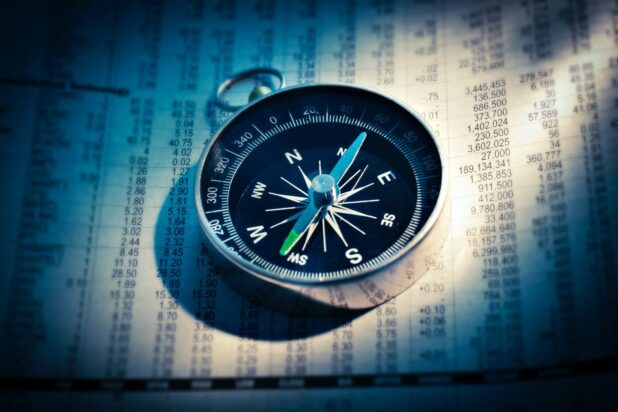Economic Update: What happened and what’s next for the economy
Australia
The quarter saw an onslaught of record-breaking economic data, as Australia officially entered its first recession in nearly 30 years. The economy contracted a comparatively strong 0.3% in the March quarter and is expected to fall as much as 8-10% in June as the worst of the economic shutdowns hit. It’s clear that Australia’s world leading fiscal stimulus is very much needed to support a recovery.
Retail sales in April fell a record 17.7%, after improving in March following the much-publicised hoarding events. There are signs of an improvement in May, albeit well off 2019 levels. This weakness is having broad based impacts on the economy, with many retailers falling into bankruptcies, refusing to pay rent or simply walking out.
Australia’s resilience on a global scale can be attributed to a 7% increase in exports in May, but specifically 79% higher coal exports to Asia. It was our commodity sector that supported the economy during the GFC and is doing so once again, albeit with less broad-based benefit. This is evidenced by the spike in both the unemployment rate to 7.1% and the substantial fall in those seeking employment to just 62.9%, a multi-year low.
Historic data is now of little use, as are the forecasts of economists that consistently underestimated the best and worst of the outbreak and its implications. In fact, 2020 GDP forecasts currently range from -2.1% to -6.0% suggesting few have any idea. Without a substantial pivot away from education, tourism and commodities, Australia faces a difficult decade ahead, particularly if the trade rhetoric with China continues, with Australia likely to lose out.
United States
The US economy shrank 5.0% for the March quarter with up to a further 10% fall expected in June. Social distancing measures were interrupted by the Black Lives Matter movement as recent deaths ignited global protests amid calls for change.
As this review goes to print, the US is suffering from a clear second wave, particularly in the warmer southern states, which are likely to cause more economic damage. This comes as the outlook began to improve, employment figures confirming 2.5 million jobs were added in May, a massive difference to the 1 million further losses expected, which some called the worst economist miss in history.
US unemployment spiked more heavily to 14.7% in April before retreating to 13.3% with a key difference to Australia being the allocation of laid off rather than lost employees. Retail sales are showing signs of recovery, up a record 17.7% in May, after a 14.7% fall in April. Despite concerns about excessive stimulus, it is clear that the US Government is heeding the lessons of the Great Depression and reacting swiftly, adding some 2.2 trillion USD in a few short months which may stave off some structural issues.
The have’s and have nots of the economy are abundantly clear, with the Nasdaq hitting records highs on huge digital transformation and US businesses likely to benefit from a restructure of the supply chain away from China. Trade war discussions continue to dominate headlines, however, with an election looming in October investors are wary of the wide-ranging tax reform agenda of White House hopeful Joe Biden.
China
China’s central leadership structure has ensured it was better able to implement population lock downs, whether the population supported them was another question. That being said, the virus is clearly now under control and business is returning to normal. GDP fell 9.8% on a quarterly basis and 6.8% over the last 12 months, but manufacturing activity has picked up in June, reporting an expansion of 50.9.
Experts are now predicting a contraction of just 1% for 2020, this coming despite little fiscal stimulus in comparison to their developed market trading partners. Thus far the Communist Government has relied upon basis tax cuts, interest rate reductions and reduced reserve requirements, along with some payroll and healthcare support. Wary of seeing debt spike out of control once again, stimulus has been limited to Special Treasury bonds totalling $500 billion which directly fund local government initiatives, like payroll incentives.
The central government removed their growth target for the first time and are as yet not committing to the traditional infrastructure stimulus economic support. With attention diverted from the US trade war, the Hong Kong security law has been passed, likely to exacerbate local tensions. After some initial concerns, the trade deal with the US remains on track, with local businesses being forced to buy US rather than Australian or other goods. It is clear that China may be impacted by a shifting supply chain, however, it is clearly focused on building as much internal capacity as possible.











